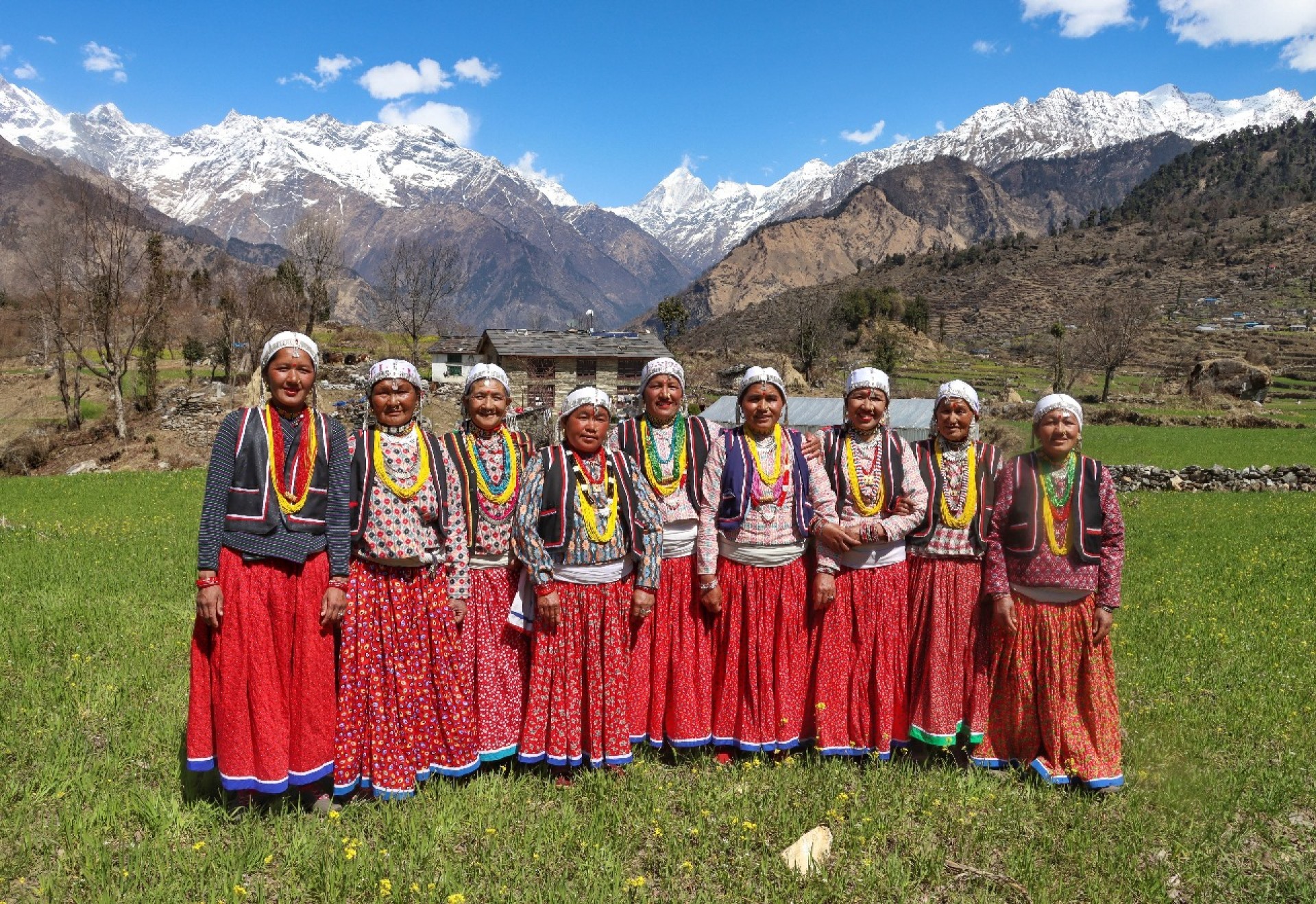-
Places to go
-
Things to do
-
Adventure
Nature
Culture
Wellness
Others
-
-
Festivals & Events
-
Festivals
Event Calendar
-
-
Plan Your Trip
-
Trip Ideas
Travel Details
Book Your Trip
-
- Travel Updates
5 Ways to Travel as Responsible Tourists
Traveling is fun. It helps us learn about new places, people, cultures, and nature. But when we travel, we also use natural resources and leave behind waste. That is why it is important to travel in a responsible way. A responsible tourist cares about the environment, respects local people, and supports local businesses. Here are five simple ways to be a responsible tourist.
1. Respect Nature and Wildlife
When visiting forests, mountains, lakes, or national parks, always respect nature. Do not throw trash, pick flowers, or disturb animals. Use dustbins if they are available. If not, carry your waste with you and throw it in the right place later. Stay on marked trails while hiking to avoid harming plants and small animals. Keep a safe distance from wild animals and do not feed them.

2. Say No to Plastic
Plastic is a big problem for the environment. It harms animals and pollutes water and land. As a tourist, you can avoid using plastic bags, bottles, and straws. Carry a reusable water bottle and cloth bag when you travel. Many places now have water refill stations. You can also use bamboo or metal straws instead of plastic ones. These small actions help keep the planet clean.
3. Support Local Businesses
When you travel, choose to eat at local restaurants, buy from local markets, and stay in homestays or locally owned hotels. This helps local families earn money and keeps their culture alive. Also, try to buy handmade products, not imported goods. You get something special and unique, and your money supports the local economy. It is a win-win!
4. Respect Local Culture and Traditions
Different places have different customs, food, and ways of life. As a responsible tourist, try to learn and respect these differences. Dress modestly if you visit temples or rural areas. Always ask before taking photos of people. Learn a few words of the local language like “hello,” “thank you,” or “goodbye.” It shows respect and people will welcome you warmly.
2. Say No to Plastic
Plastic is a big problem for the environment. It harms animals and pollutes water and land. As a tourist, you can avoid using plastic bags, bottles, and straws. Carry a reusable water bottle and cloth bag when you travel. Many places now have water refill stations. You can also use bamboo or metal straws instead of plastic ones. These small actions help keep the planet clean.
3. Support Local Businesses
When you travel, choose to eat at local restaurants, buy from local markets, and stay in homestays or locally owned hotels. This helps local families earn money and keeps their culture alive. Also, try to buy handmade products, not imported goods. You get something special and unique, and your money supports the local economy. It is a win-win!
4. Respect Local Culture and Traditions
Different places have different customs, food, and ways of life. As a responsible tourist, try to learn and respect these differences. Dress modestly if you visit temples or rural areas. Always ask before taking photos of people. Learn a few words of the local language like “hello,” “thank you,” or “goodbye.” It shows respect and people will welcome you warmly.

5. Travel Light and Use Public Transport
Carrying less weight means using less fuel during flights and car rides. Pack only what you really need. Also, try to walk, cycle, or use public buses and shared vehicles instead of private taxis. This helps reduce pollution and traffic. In many places, walking or cycling also lets you enjoy the beauty of the area more closely.
Final Thought
Traveling responsibly is not difficult. It just means being more careful and thoughtful while enjoying your trip. Your small choices can make a big difference for the environment, local people, and future travelers. Nepal and many other beautiful places around the world need tourists who care.
So next time you pack your bag, remember to travel with love—for nature, for people, and for the planet.
#ResponsibleTravel
#EcoFriendlyTourism
#SupportLocal
#TravelGreen
#LeaveNoTrace
Nepal Tourism Board is a national tourism organization of Nepal established in 1998 by an Act of Parliament in the form of partnership between the Government of Nepal and private sector tourism industry to develop and market Nepal as an attractive tourist destination. The Board provides platform for vision-drawn leadership for Nepal’s tourism sector by integrating Government commitment with the dynamism of private sector.



